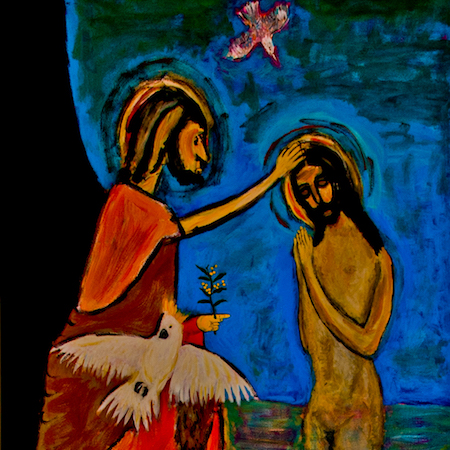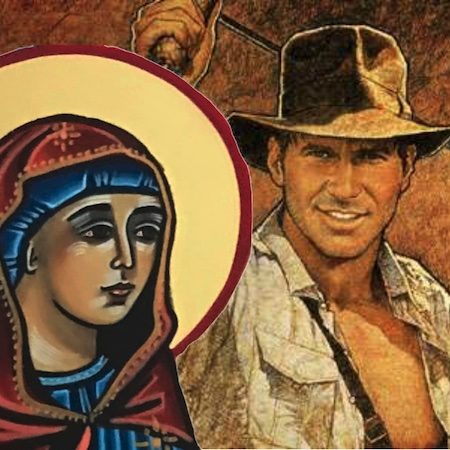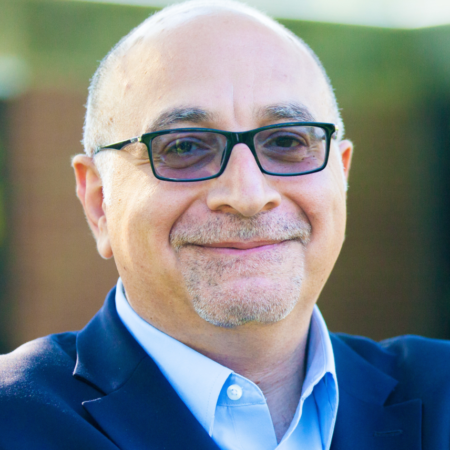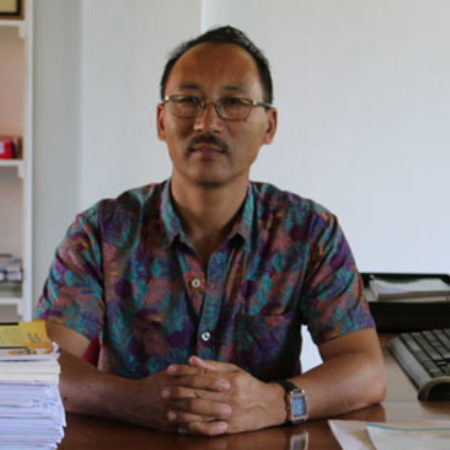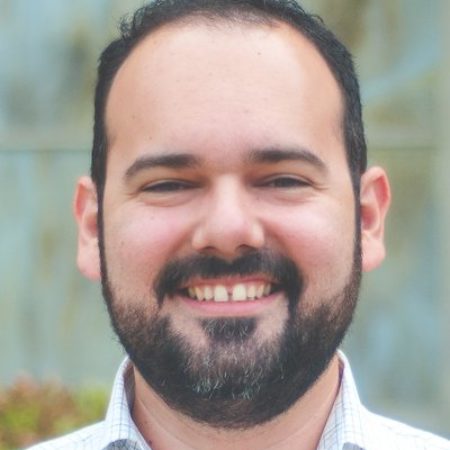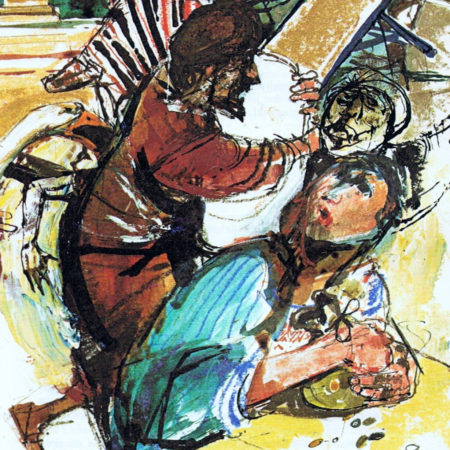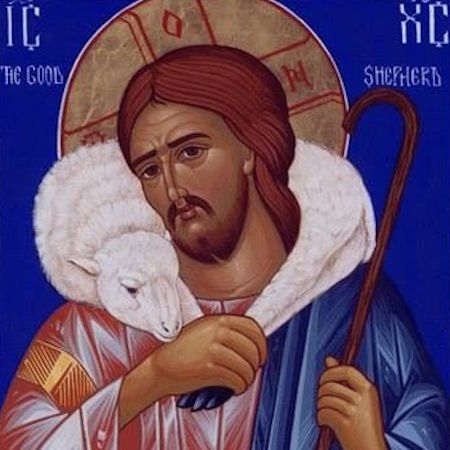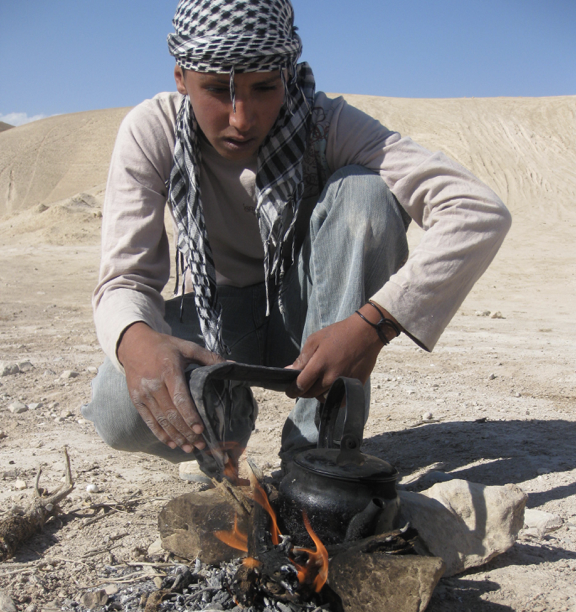The forgiveness we experience in the risen Christ is dauntingly radical and we are called to share it.
Sermons on Service
Following Jesus in ministering among the needs around us is not a call to do everything ourselves.
In baptism, the Holy Spirit is ordaining us (all of us) for mission.
Discovering who we are called to be is an ever-evolving journey as we follow Jesus in changing circumstances.
Jesus calls us to a new world in which the lives of nations revolve around bringing the previously marginalised to the centre of our national way of being. Nations that fail to do that collapse into self-destruction.
Our unwitting abusive treatment of the Royal family is a symptom of our entanglement in systemic persecution.
The visitation story is a powerful introduction to the gospel of God’s lavish and overwhelming love for us, and to God’s hospitality as we see it in Jesus.
When we respond to the call to follow Jesus, he asks us to stop and examine our motives. Is it for the life of the world, or for our own benefit?
The more challenging life in this world becomes, the more opportunity for Christians like us to live out the love of God by loving our neighbours.
Jesus calls us to a Resurrection Imagination, praying for courage and discernment on how to use your resources until the dream of a world where there are no poor among us is fulfilled.
In determining our church’s way forward, we need to discern who we exist to serve, and it shouldn’t just be ourselves.
In baptism we are anointed to reign with Christ over a new creation, but it is a reign of suffering servanthood, not of reckless force.
Whatever the future may hold, in rough places AND in smooth, in dark valleys and on sunlit hillsides, the Lord is our shepherd, and will lead us finally to green pastures and still waters.
The COVID-19 scare can reinforce our Lenten call to prepare our hearts by facing up to our mortality and the real limits of our control over the world.
The imminent arrival of God’s messiah asks each of us to take up the identity of witnesses who open the way for God to be known.
I want to look today at the story Jesus told in today’s gospel reading. It’s a story set on the road between Jerusalem and Jericho, and apart from the usual interpretations we bring to it, it is for me a story about chance encounters and being open to what happens. I’d like to start by…
Love names, creation, joyful service and gifts for the common good can be signs of the nature and culture of God.
The Holy Spirit fills the church with gifts, not only for its own sake, but so that it might be a gift to the world.
Tonight, on the 40th anniversary of his ordination, Gilbert Joyce reflected on his journey in pastoral ministry.



